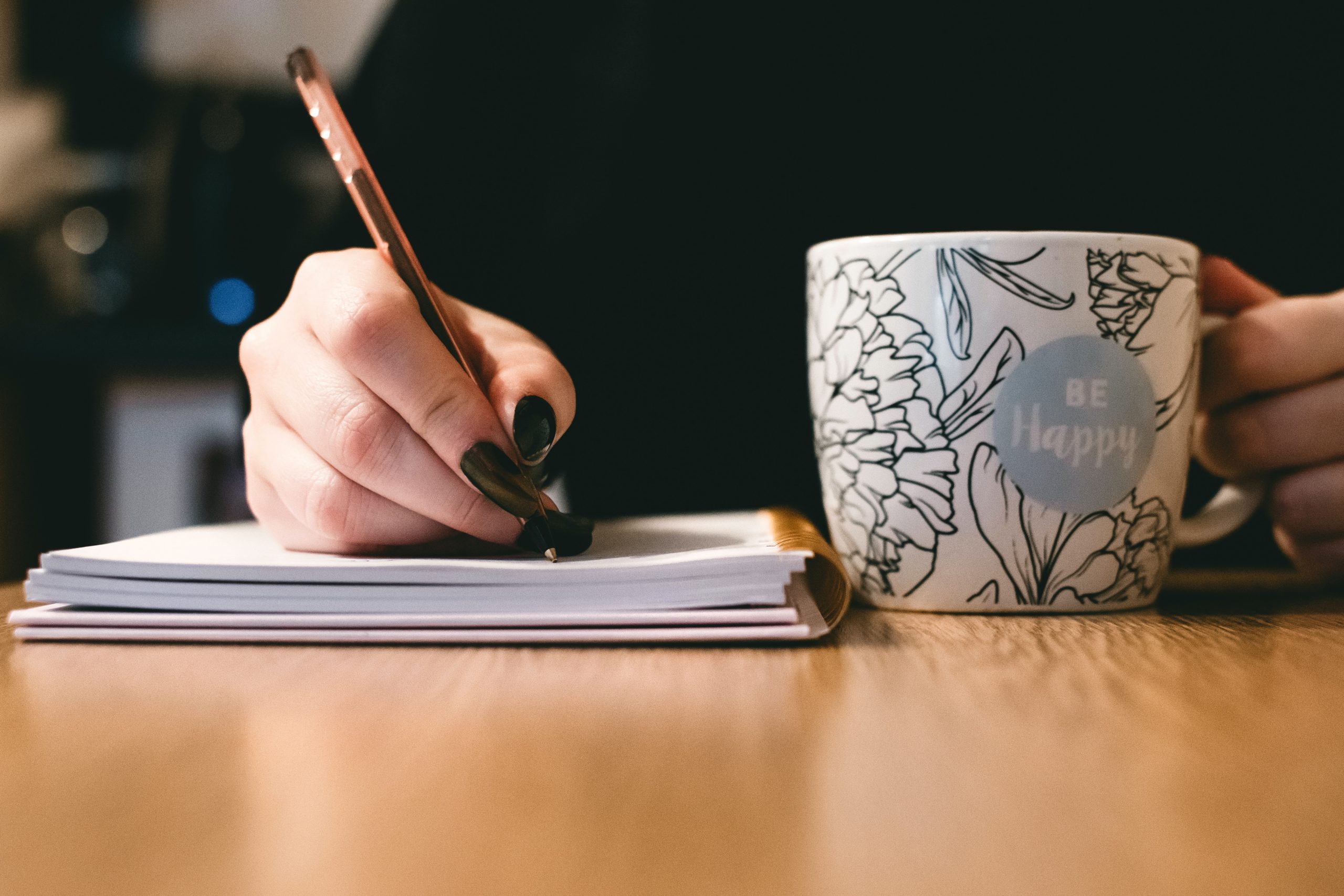
When I first moved to Massachusetts, one of my uncles came by to visit. He asked me if I wanted to go for a drive with him. I was three hours ahead of my colleagues in California and ahead of schedule for the day. I figured, why not?
We got into his car, and he drove me around the city I would have grown up in another life. It was the city where all my cousins grew up. About fifteen minutes into the drive, he asked me what I wanted to be when I grew up. I was twenty-six at the time. Rather than meaning my actual age—or maturity level—he meant in a broader context.
I knew he was looking for me to say happy.
But I couldn’t say it.
I am sure this sounds absurd to you. Don’t most people want to be happy?
What does being happy mean? I know plenty of people who say they are happy or their goal is to be happy. Throughout my life, I wanted to be plenty of things. Happy was never one of them. Not because I do not want to be happy.
I struggle to define what being happy means, meaning it does not seem like a realistic goal for me to pursue.
What Does Being Myself Mean?
I did not realize why that was my answer at the time. It was a reflex. I spent some time reflecting on this over the following months. ,
I have spent most of my life hiding, trying to blend in, and making myself acceptable. I wanted to keep my true self invisible. I internalized the traumas of my past to the point of wanting to disappear. I silenced myself, literally, as a child and, figuratively, later in life. I learned to use language and performance as ways of hiding in plain sight. I have spent most of my life being afraid to exist, afraid to be, afraid to do. I have feared being myself.
This leads to another philosophical question: what does it mean to be oneself?
At the age of thirteen, I went through this change. I realized if I changed my behavior, I could have better interactions with people. I could be invisible without being on the margins.
But telling myself I had to be something for other people’s benefit or comfort was my problem. It was not for my benefit—even though it benefited me. It was not a sustainable way of living. At least not for me.
I want to make decisions based on what feels right not based on what other people expect of me. I want the freedom to express my thoughts without fear.
I know I cannot control the way other people react to what information I share, when I share it, or how I share it. But I can control what, when, and how I share information about myself. I can prepare myself to be okay if it is received negatively.
This project is part of that: sharing parts of myself that I do not speak about out of fear of making other people uncomfortable. I have always expressed myself better in writing and sharing it on the internet has two purposes:
- Anyone can look away at any time without having to engage with what they have learned about me.
- I face my fear of being uncomfortable with what people can do with this information. This is beyond my control.
My Psychological State
One of the therapists I have seen in my adult life once asked me if I was choosing appropriate anchors. Anchors are stable, secure connections that you can count on during times of hardship.
In terms of depression and suicidal tendencies, anchors are people who will be there when you need to know you are not alone. This therapist asked me if I was choosing people who didn’t meet these requirements: stable, dependable, and available.
(They are not expected to have the psychological expertise to help anyone through their problems. The goal is to be there enough to let the person know they are not alone and to not make the person feel worse.)
And the answer to this question was yes. I did not select appropriate anchors. I did not know how.
No medical or psychiatric professional has ever diagnosed me with depression. To keep it simple: my mind is a complicated place. I have experienced hardship and have not always had the best support systems in place. It is not surprising that I have had moments where my circumstances overwhelmed meme.
- Am I depressed? Probably not. Probably situationally, but not in a clinical sense.
- Am I suicidal? No.
- Do I experience and get overwhelmed by pain, loss, and other negative things? Sometimes.
In my unqualified, intro-to-psych opinion, I would diagnose myself with a very straight-forward case of life. I have had ups and downs. I am prone to over-thinking and can be obsessive, meaning I think a lot more about my experiences than most people.
Then I tell myself I cannot express my thoughts and feelings because they will make other people uncomfortable. I give the world a curated, shiny version of myself and keep all dark parts for myself. I do not have a problem with these dark pieces, but I do not trust the world to accept them. So I look for other outlets—writing is one of them.
Seeming Happy—or Not?
A friend of mine in Belgium once told me that Americans try too hard to seem happy. He said it seems fake. I wonder if he was talking about me. Based on what you have read, I am sure you think so. But aren’t we all covering up the ugly parts of ourselves to present what we think the world wants to see?
In my social interactions, I am loud; I laugh a lot; I talk a lot.
I do not claim to be happy. I am not sure I ever have. Most of the time, I am not unhappy. I compartmentalize well, and I find ways to deal with my emotions on my own.
I am an optimist—irrationally or rationally, depending on how you look at it. I do not know anyone whose life is perfect. Mine is far from it. I have come a long way in almost thirty years of living. Even with the difficult parts, I am optimistic about what my life looks like and where it is going—even though I have no idea where that is. I do not let the difficult parts define me, but they shape me. Believing that it will continue to get better—even in the difficult times—gets me through the day.
This is what people see in my behavior. It is what allows me to enjoy life while still not being happy.
In Summary
Happiness for some people is too ambitious of a goal for where they are. I find the idea too abstract. Being myself, although also abstract, feels like something more within my control. It feels more realistic and attainable. Living for myself and not feeling like I need to hide or silence myself, may someday get me to happy.
